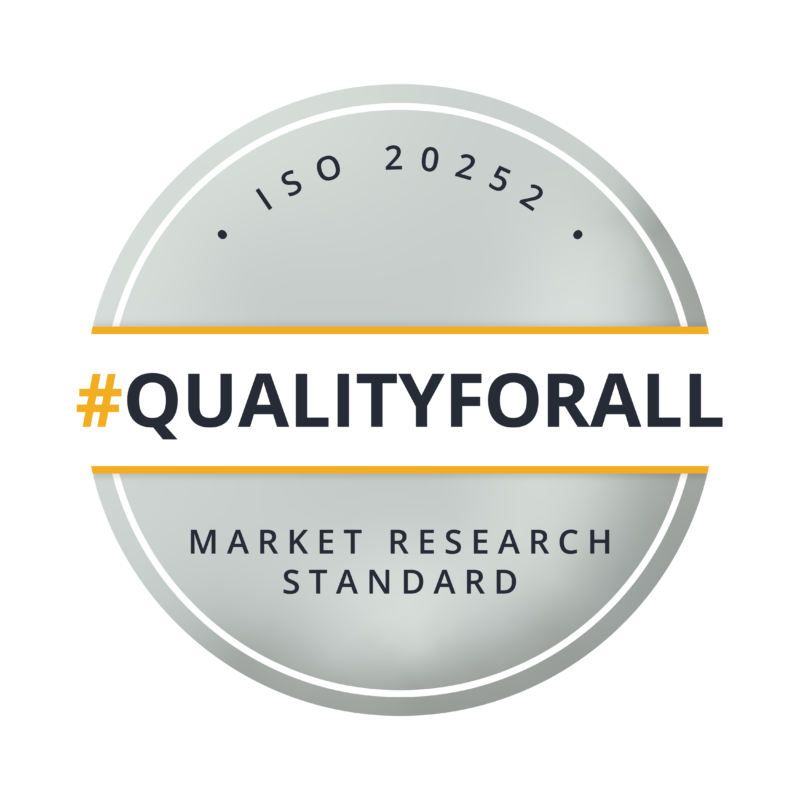To: The Insights Industry
First, the bad news: Consumer trust in the data and service quality we provide remains at alarmingly low levels. And now the good: The global market research and insights community is uniting in new ways to address this increasingly urgent challenge.
Take the Insights Association’s Council for Data Integrity (CDI), which is led by a volunteer council of industry experts who generate and vet resources that educate, identify and eliminate fraud. Or the Global Data Quality (GDQ) initiative, bringing together leading organizations in coordinated efforts to address ongoing and emerging risks to data quality.
Yet these initiatives cannot eliminate the struggle alone. Success is only achieved when the entities they aim to help are willing participants. Some market research and insights business are stymied by the perceived level of effort required to update their processes. And brand demand for high levels of service remains inconsistent, at best. There is also the question of reporting. Just because a business says it complies with prescribed parameters doesn’t mean it actually does so.
We can eliminate these barriers. The International Organization for Standardization (ISO) is recognized worldwide as the authority on quality management. The market research and insights standard (ISO 20252:2019) establishes what it means to run our businesses efficiently, ethically and securely. By starting here, our industry can escalate the traction we need to increase data quality systemically.
For businesses paralyzed by the thought of action, achieving certification to ISO is a time- and cost-effective endeavor with proven ROI. It increases profitability by infusing the highest efficiency into operations, from project reproducibility, training and document management to subcontractor oversight, security and more.
ISO eliminates any doubt in regard to an organization’s adherence to internationally recognized standards—criteria that can be met in any myriad of ways, as it’s tailored to each applicant. As more businesses become certified, the divergence between those that have proven best practices, and those that have not, will widen. Clients’ expectations will increase, and by default, brands will be forced to follow suit.
The fact is that shifting consumer perception of our industry won’t happen unless there’s a shift in the product we deliver. And we can’t shift the product we deliver if we don’t clearly and methodically identify what market research and insights providers need in order to increase their quality output.
That’s where ISO 20252 comes in. And you can start now. Bring all your questions to Juliana Wood, CIRQ Managing Director, by filling in the form below or calling 202-370-6318 today.
To: The Insights Industry
We’re on a slippery slope, and it’s moving fast. Consumer trust in the data and service quality we provide is at an alarmingly low level. That much is obvious. What isn’t clear is how to reverse the trend.
The first challenge is that our industry has no universal definition of quality. What’s more, there exists no clear path to establishing the parameters required to craft that definition. Factor in inconsistent demand from brands for high levels of service, and we’re in a perfect storm. One that threatens to undermine our entire profession.
Yet, we’re missing the forest for the trees. The International Organization for Standardization (ISO) is recognized worldwide as the authority on quality management. The market research and insights standard (ISO 20252:2019) establishes what it means to run our businesses efficiently, ethically and securely. By starting here, we can gain the traction we need.
Achieving certification is proven to be easier and, in most cases, exponentially less expensive than you’d think. It increases profitability by infusing the highest efficiency into our operations, from project reproducibility, training and document management to subcontractor oversight, security and more. For those already certified, ISO proved its worth in the past two years as others struggled to pivot during the pandemic.
The certification itself does not define quality. ISO’s framework gets us on the same page, without sacrificing any competitive advantage. Only by aligning our interpretations of “best practices” can we build a universally accepted definition of what quality is. From there, the divergence between those certified and those not will widen. Our clients’ expectations will increase, and by default, brands will be forced to follow suit.
The fact is that if we continue on our current trajectory, we are effectively saying that quality doesn’t matter. It is our responsibility — to our own companies and our industry as a whole — to change that story.
And you can start today. Contact Juliana Wood, CIRQ Managing Director, at juliana.wood@cirq.org or 202-370-6318.












